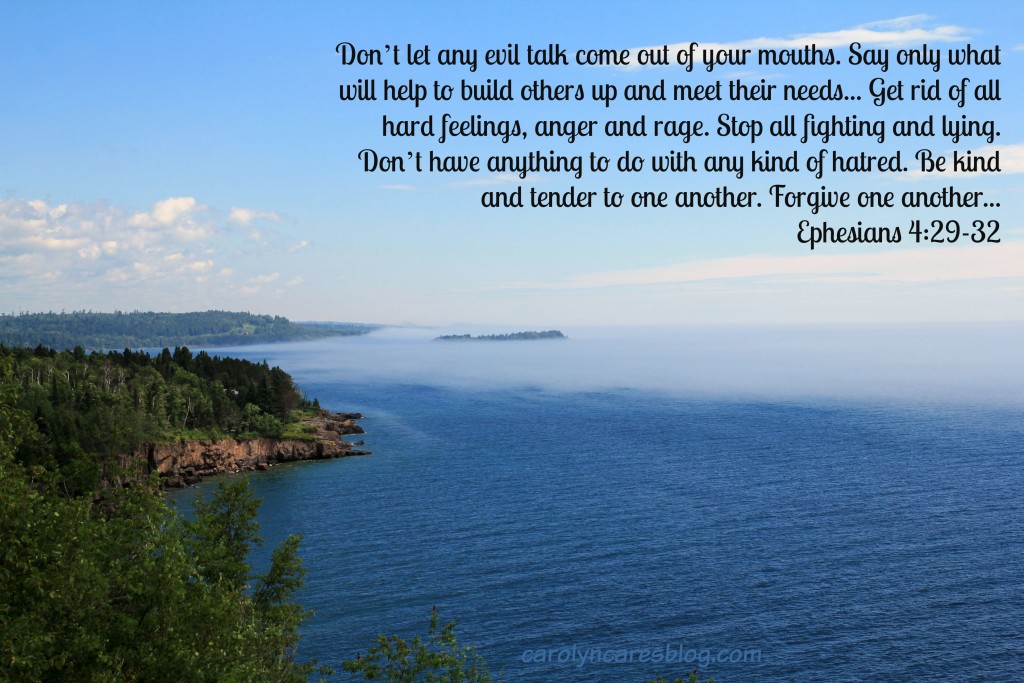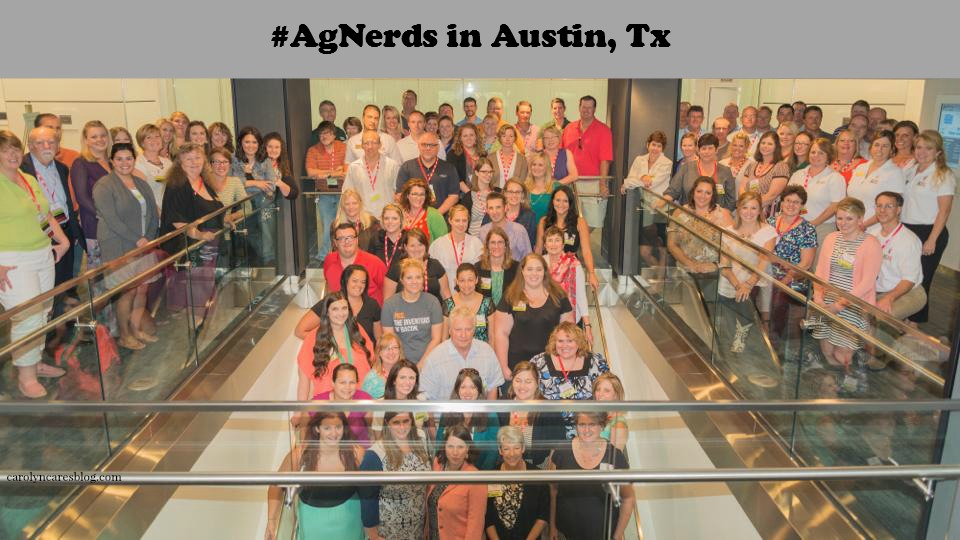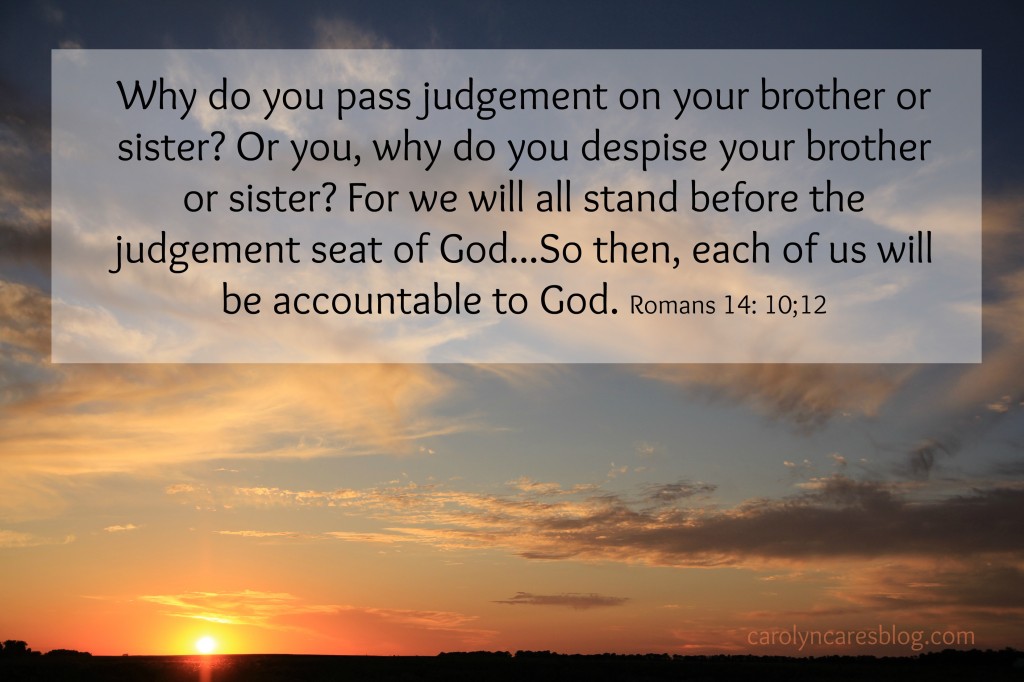When you talk about controversial things, do your words build up or tear down those whose opinions don’t match your own? Do you feel justified in “ripping a new one” to someone you feel has wronged you? Do you share memes online that are digs at others you feel are stupid, or do you sarcastically comment on Facebook posts or tweets to show how you are right and the other person is wrong? I know I would have to answer yes to at least one of these things. We can justify it as being human nature, though, right?
A few weeks ago, I went to church with my mom when I was up visiting family, and the pastor was talking about stress.
His first point was The Stress of a Compromising Situation and how integrity is so important. The supporting scripture for that source of stress was Proverbs 10:9: “People with integrity have a firm footing, but those who follow crooked paths will slip and fall.” and Proverbs 23: 17-18: “Don’t envy evil men but continue to reverence the Lord all the time, for surely you have a wonderful future ahead of you.” Integrity is one of the principles that Jonathan and I have as one of the pillars of our business. It is why we also try to never burn bridges, even when the other party has lit their half on fire. You never know when you – or they – will need help.
The second point was The Stress of Conflict. I know I am one of those who hates conflict to the point that it can trigger my anxiety issues. It is worse when it is a family situation, but really, I hate all conflict. The supporting passages for this source of stress were some that I hadn’t read in awhile, but they really spoke to my heart. Matthew 5:9: “Blessed are the peacemakers for they will be called ‘Sons of God’.” and Proverbs 18:20: “You will have to live with the consequences of everything you say” both apply today, especially when you look at the conversations people are having on social media. The other two passages are the ones that I have thought about regularly over the last month. Phillipians 2:3-6: “Don’t be selfish. Be humble. Don’t think only about your own affairs. Be interested in others too and what they are doing. Your attitude should be the same that Christ Jesus had. Though He was God He did not demand and cling to His rights.” Wow! Think about that in the context of your online relationships. Then there was the passage that I used in the photo above – but from a different translation. Ephesians 4:29-32: “Don’t use foul or abusive language. Let everything you say be good and helpful so that your words will be an encouragement. Get rid of all the bitterness and rage and anger and harsh words and slander. Instead be kind to each other, tenderhearted, forgiving one another just as God through Christ has forgiven you.” What would happen if we all stopped to think about our words, and tried to build each other up or encourage one another instead of tearing each other down to make ourselves look good. I have been trying to put this into practice over the last few weeks, and I can tell you, it makes me feel good when I know I’ve made someone else feel good. It also makes me feel good when I don’t participate in the negative feeding frenzies on Facebook and Twitter. Let me be clear…we don’t have to “go there” when interacting on social media. We don’t have to participate in the ugly to advocate for agriculture. We don’t need to be the one to make the consumer who is asking the question feel stupid, and we certainly don’t need to be calling them uneducated or whatever the latest insult is. We don’t have to go there!
The final point that the pastor had was The Stress of Competition. I don’t know about other agriculture advocates, but I tend to listen to sermons and pull out things as they pertain to advocating, and how to do it in a Christ-like manner. The final point here was another one that correlates so well to the advocating we do. I really appreciated this passage as how it relates to the stress of competition and conversations we have online. Galatians 6:4: “Let everyone be sure to do his very best for then he will have the personal satisfaction of work done well and he won’t need to compare himself with somebody else.” Isn’t it the goal of every farmer and rancher to do their very best? If you do the very best you can on the ground you farm or with the animals you raise, you won’t need to compare yourself with somebody else. We are all unique in how we manage our resources, but we are not unique in the fact that we all are doing our very best in the work we’ve chosen to do. How’s that for a little stress relief?
My challenge to you is, before you hit the share button on a meme, or comment on a thread, take a second to decide if that meme or your words are meant to build up those you are communicating with, or if they are meant to tear them down. My hope is that your words will be an encouragement.
**Thanks for the inspiration, Pastor Rick Krasky of Anoka Covenant Church.




